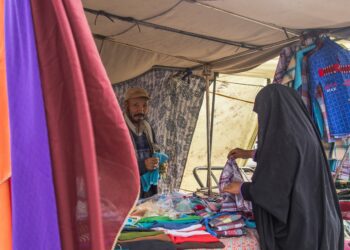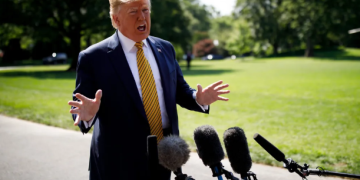Japanese automaker Honda has achieved a major milestone in its space ambitions after successfully launching and landing a reusable rocket prototype. The surprise test, conducted at its Taiki facility in northern Japan, saw the 6.3-meter (20.6-foot) rocket ascend to 271 meters (889 feet) before making a controlled descent. This breakthrough brings Honda closer to its goal of suborbital spaceflight by 2029, though the company clarified that commercialization plans remain undecided.
Honda’s Space Strategy: Moving From Cars to Rockets
Since 2021, Honda has been quietly developing space technologies, including reusable rockets, as part of its long-term vision. The company believes that mastering launch vehicle technology could enhance its broader business, including satellite deployment and other space-based services. While Honda has not disclosed further test schedules, it reiterated its continued fundamental research to achieve its 2029 target.

Honda’s entry into the reusable rocket market intensifies competition with industry leaders like SpaceX’s Falcon 9, Blue Origin, and emerging players in China and Europe. The push for cost-efficient space access has driven private and government-backed initiatives worldwide. Last month, Tokyo-based startup Innovative Space Carrier announced plans for a December test launch in the U.S., while Toyota-backed Interstellar Technologies is scaling up rocket mass production in Japan.
This is coming as the Japanese government is aggressively supporting private space ventures through a multibillion-dollar fund, aiming to double the space industry’s value to 8 trillion yen ($55 billion) by the early 2030s. Honda’s progress aligns with this national strategy, positioning Japan as a key player in the global space economy.
What’s Next for Honda’s Space Program?
Though Honda remains focused on automotive innovation, its rocket development signals a strategic expansion into aerospace. A successful suborbital launch by 2029 could open doors for satellite deployment, space tourism, and collaborations with global space agencies.

















